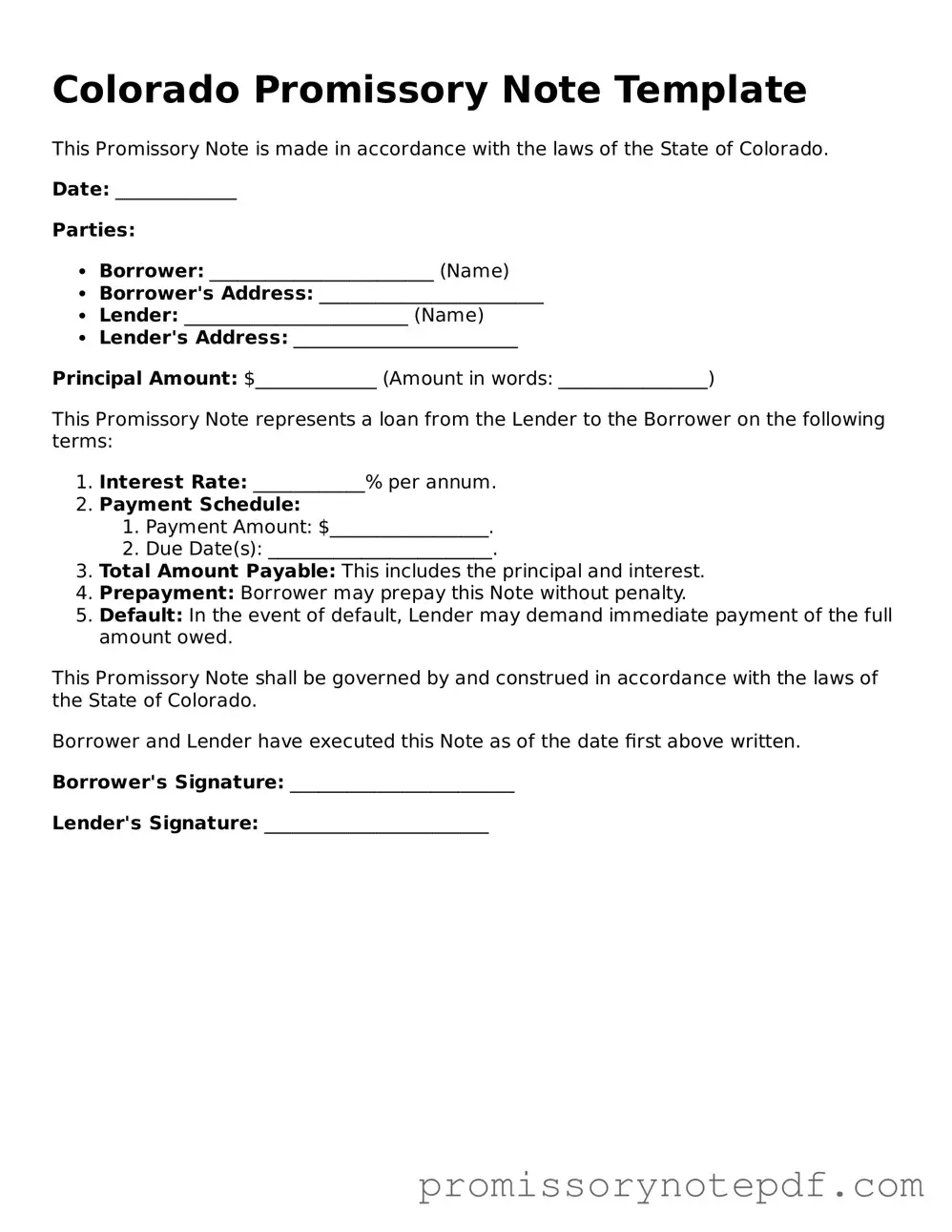Common mistakes
-
Incomplete Borrower Information: Failing to provide full names and addresses can lead to confusion later. Ensure that all details are accurate and complete.
-
Missing Lender Details: Just like with the borrower, it's essential to include the lender's full name and address. Omitting this can create issues in communication.
-
Incorrect Loan Amount: Double-check the loan amount written in both numbers and words. A discrepancy can cause disputes or misunderstandings.
-
Failure to Specify Interest Rate: Not indicating an interest rate or leaving it blank can lead to complications. Be clear about whether the loan is interest-free or has a specific rate.
-
Omitting Payment Schedule: It's vital to outline when payments are due. Not including a payment schedule may result in missed payments and financial strain.
-
Not Including Late Fees: If applicable, specify any late fees for missed payments. This helps both parties understand the consequences of late payments.
-
Neglecting to Sign: A signature is crucial for the validity of the note. Ensure that both the borrower and lender sign the document.
-
Ignoring Witness or Notary Requirements: Depending on the situation, having a witness or notary may be necessary. Check local regulations to ensure compliance.
-
Not Keeping Copies: After completing the form, both parties should retain copies. This ensures that everyone has access to the same information.
-
Overlooking State-Specific Regulations: Each state may have unique requirements for promissory notes. Familiarize yourself with Colorado's specific rules to avoid pitfalls.
